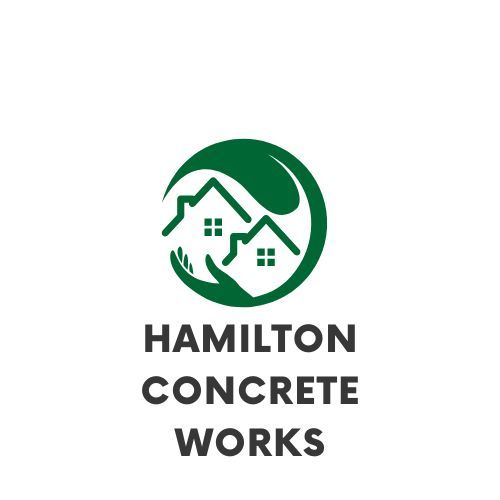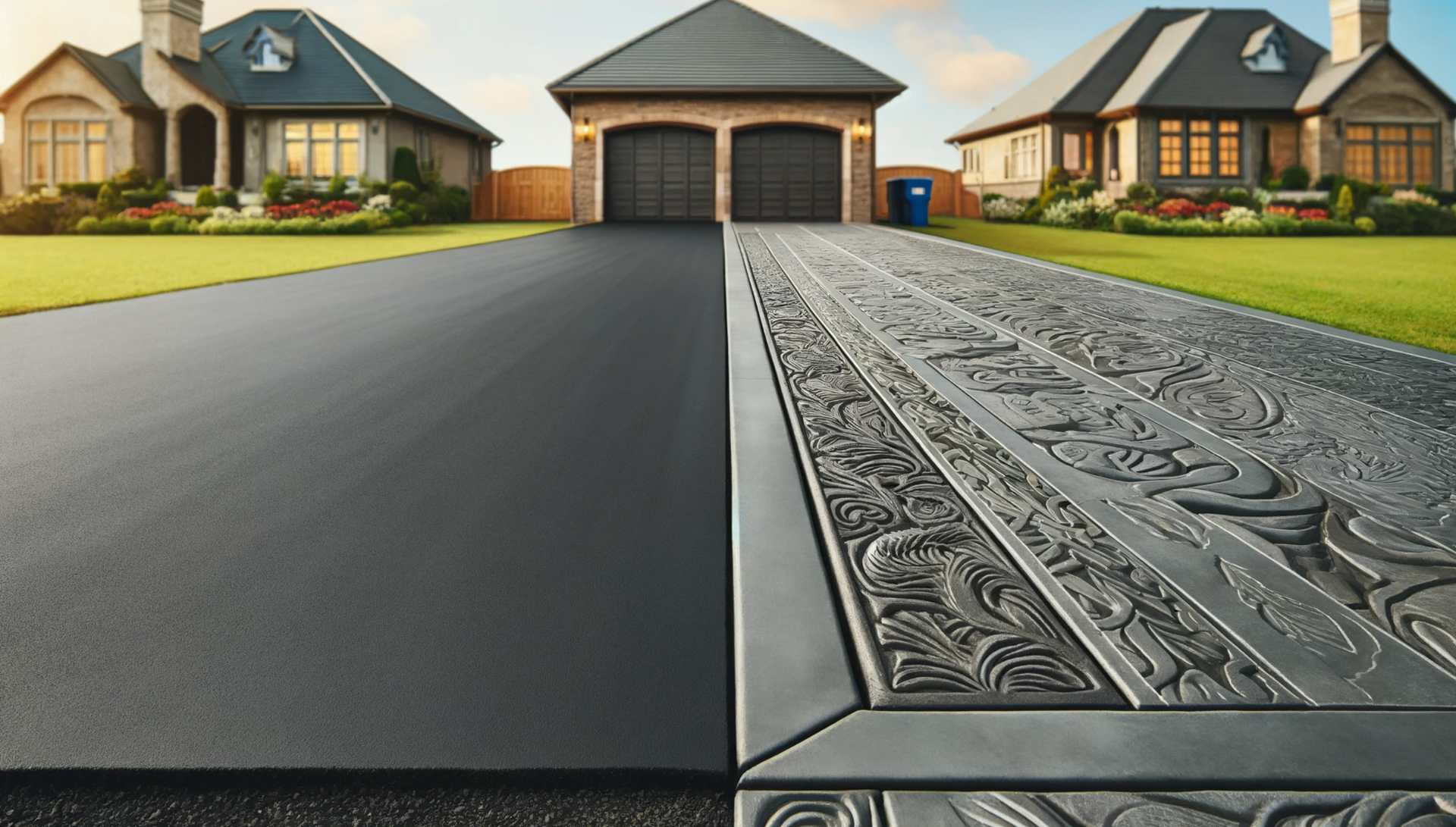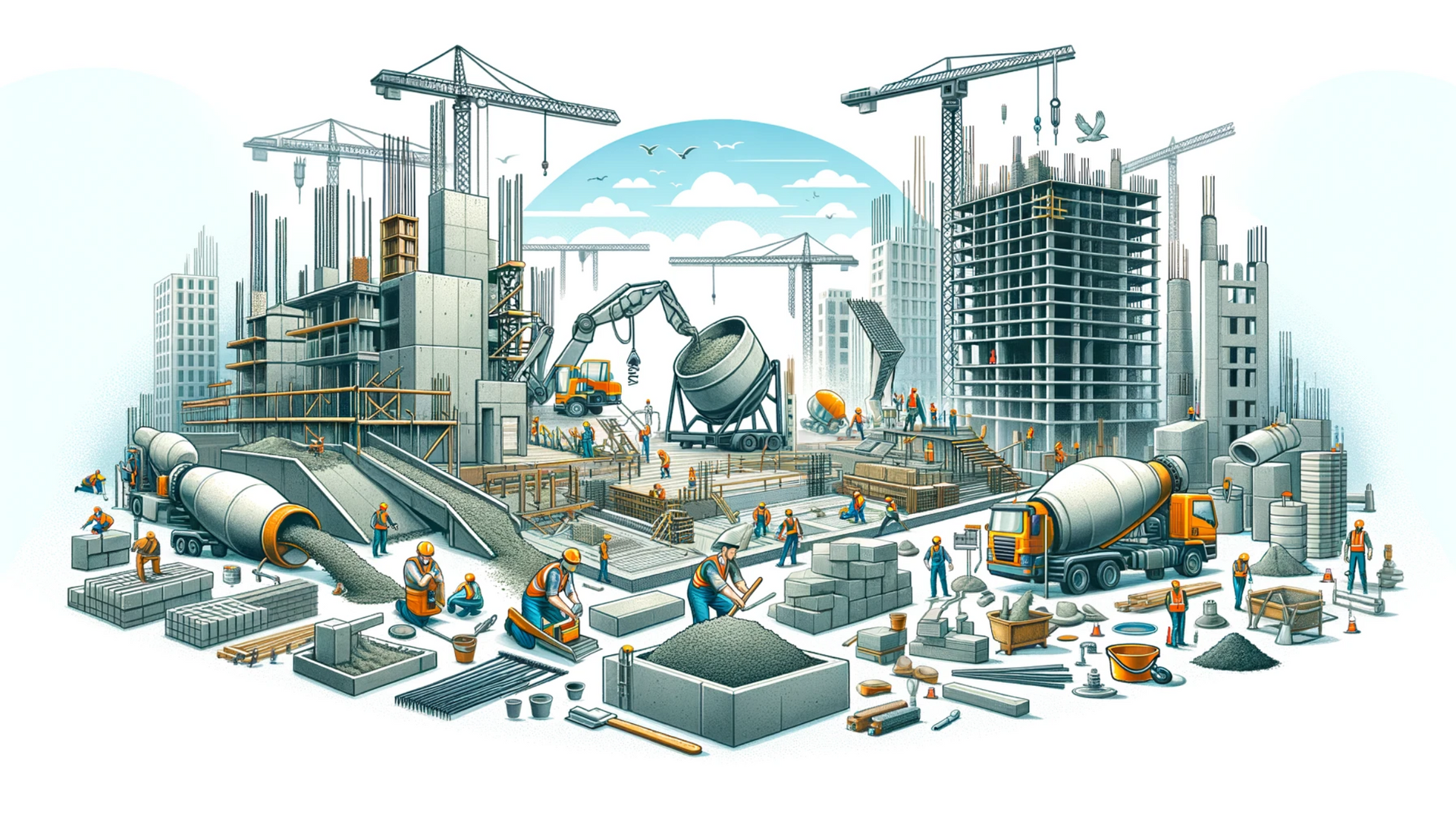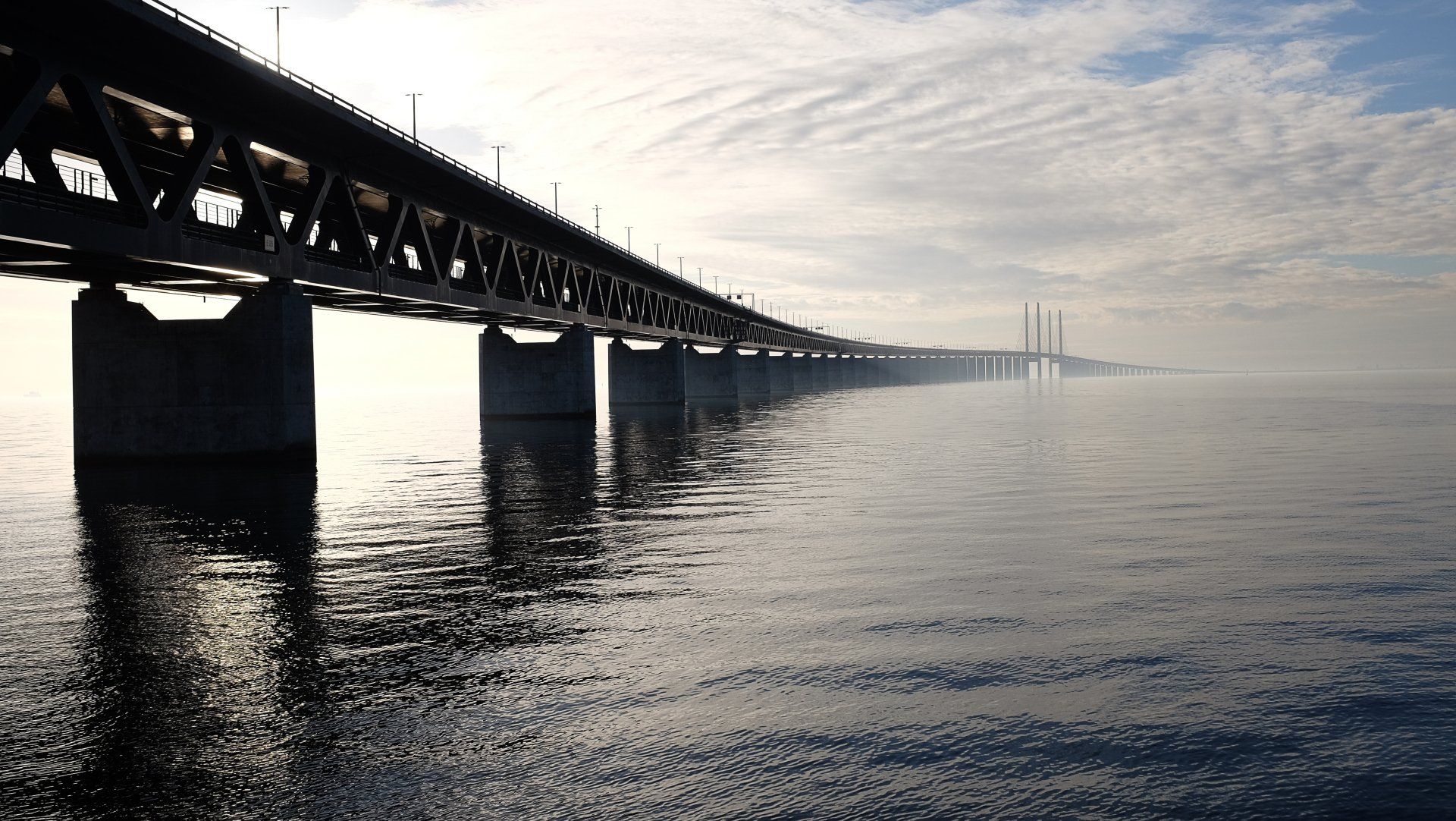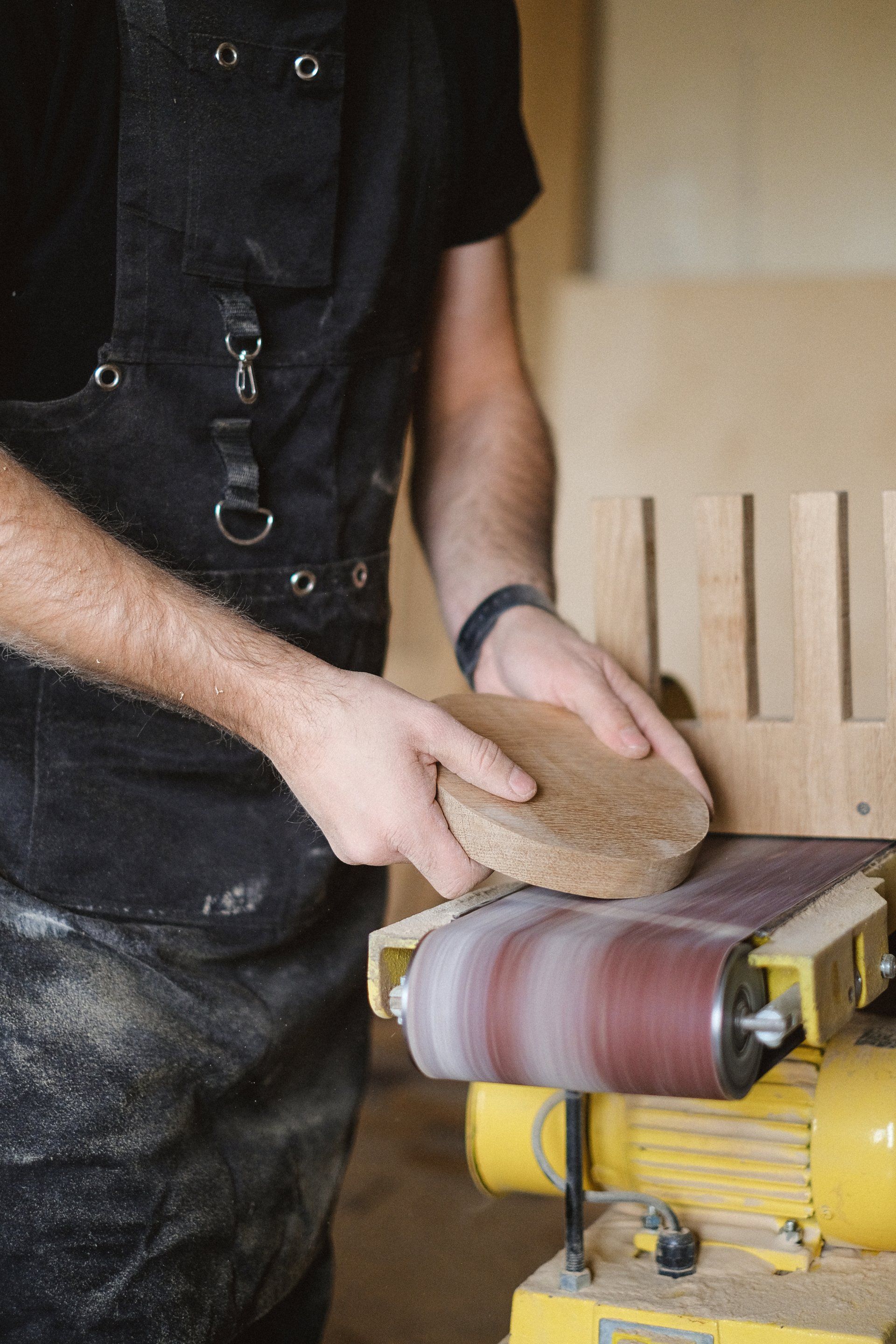Comprehensive Guide: Choosing the Right Concrete Type for Varied Applications
Understanding the diverse types of concrete available and their specific compositions is paramount for any construction endeavor. By delving deep into the intricacies of each type, we aim to provide a guide that simplifies your decision-making process.
Understanding Basic Concrete: Plain or Ordinary Concrete
Plain or Ordinary Concrete is the most basic form of concrete and is a fundamental building block in the realm of construction. Its composition is straightforward, consisting of water, Portland cement, and aggregates like sand, gravel, or crushed stone. Due to its lack of reinforcement, it isn't as resistant to tensile forces. This simplicity makes it suitable for areas where tensile strength isn’t a primary concern, such as sidewalks or residential driveways. However, it also serves as the foundation for many other concrete types with the mere addition of certain components.
Strength Reinforced: The Reinforced Concrete
Reinforced Concrete is a step up in strength. It is essentially ordinary concrete but is bolstered with steel reinforcements. These steel additions are crucial in enhancing its tensile strength. Even though reinforced concrete shares many foundational elements with ordinary concrete, the inclusion of steel sets it apart. Its heightened strength makes it the ideal choice for structures demanding enhanced tensile strength. For instance, it's perfect for creating beams, constructing floors in high-rise buildings, or designing robust underground water tanks.
The Evolution to Prestressed Concrete
Prestressed Concrete takes the concept of reinforced concrete further. In its composition, steel tendons are stressed before the concrete is cast around them. This process of pre-stressing imparts to the concrete an enhanced resistance against both compressive and tensile forces. It’s this unique characteristic that makes prestressed concrete an excellent choice for structures that need to withstand dynamic forces, such as large-span bridges, cantilevered structures, and commercial building floors.
Off-site Precision: Delving into Precast Concrete
Precast Concrete distinguishes itself not necessarily by its composition but by its production method. It has the same elemental mix as standard concrete but is cast and cured off-site, usually in a factory. This off-site production ensures that precast concrete components are created in controlled environments, which guarantees uniformity and consistent quality. Such precision and consistency make precast concrete the preferred choice for architectural elements that require exact measurements, road barriers, and modular housing projects.
Tailoring Concrete to Service Needs
When selecting concrete for specific services, certain types naturally stand out. For instance, when laying the foundations and footings of a structure, the added strength and durability of reinforced concrete make it the prime candidate. In the case of highways and roads, especially in areas that experience extreme seasonal variations, air-entrained concrete is the choice because of its resistance to freeze-thaw cycles. In regions that require decorative structures, stamped or colored concrete offers the aesthetic flexibility needed, while in seismic zones, the structural integrity of prestressed concrete is unparalleled.
Environmental Considerations in Concrete Selection
Environmental factors also play a significant role in concrete selection. In cold climates, air-entrained concrete is beneficial because of its tiny air bubbles that act as cushions, preventing freeze-thaw damage. In areas that are salty or coastal, concrete with a low water-to-cement ratio is advisable, possibly treated with specific admixtures to counteract the corrosive effects of salt. For zones with high temperatures, opting for light-colored concrete or one with reflective aggregates helps reduce heat absorption. In contrast, wet or damp areas demand waterproof or hydrophobic concrete to prevent moisture ingress and maintain the structure’s integrity.
In conclusion, selecting the appropriate concrete type isn't just about understanding its composition but also about gauging the environmental conditions and the specific requirements of the project. A well-informed choice can be the difference between a structure that stands the test of time and one that demands constant maintenance and repair.
Are Ready To Work With HAMILTON CONCRETE WORKS?
Let's get in touch!
Send us a message and we’ll be in touch.
Or give us a call today at 289-204-1632
We will get back to you as soon as possible.
Please try again later.


We serve Hamilton and the surrounding communities with our utmost dedication to your satisfaction. Locally owned and operated for more than 20 years, our mission is to be your go-to concrete service provider in known for reliability, craftsmanship, and commitment to excellence.
Please visit our friends at
Epoxy flooring Hobart
Company
Business Hours
Business Hours
- Monday
- -
- Tuesday
- -
- Wednesday
- -
- Thursday
- -
- Friday
- -
- Saturday
- Appointment Only
- Sunday
- Appointment Only
Contact Information
Business Address: 1241 King Street West, Hamilton ON L8S 1M5
Phone Number: 289-204-1632
Email Address: hamiltonsconcrete@gmail.com
@ 2024 All Rights Reserved | Hamilton Concrete Works | Made by Visionary Leads
